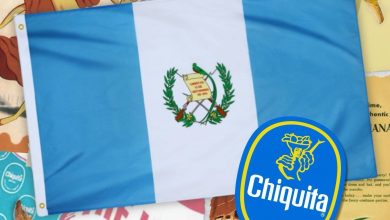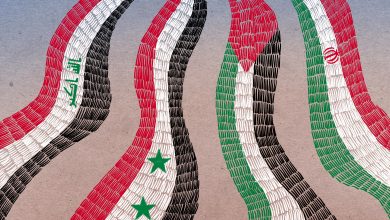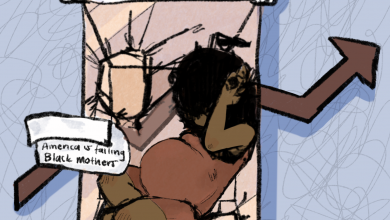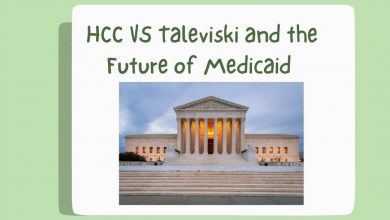ABOLISH UCPD

Image Design by Shannon Boland
During week 1 of Winter Quarter, an event known as the “Roebling Block” party, hosted by UCLA students who lived nearby, became disorderly and resulted in property damage. While the details of the damage are uncertain, a Black person, who is not affiliated with UCLA, was stopped, searched, and harassed by UCPD for an unexplained reason before he was released. Videos surfaced online which show the police harassing the Black attendee while non-Black party attendees engaged in dangerous and illegal activity including setting things on fire, jumping on cars, and lighting fireworks. These occurrences of Black folks being harassed by the police at UCLA and in other public spaces is not uncommon, and does not happen in a vacuum. Rather, police harassment and brutality within the United States is fueled by white supremacy, capitalism, and this country’s dedication to killing and harming Black and Brown bodies.
One cannot discuss police violence without first examining the racist and violent beginning of the police. The formation of the police as an institution is rooted in slave patrols which were responsible for hunting down enslaved people who tried to escape slavery. Often, they would violently beat and torture enslaved people as punishment for trying to escape the inhumane and vile conditions of slavery. It is unsurprising that an institution that was created to target and kill Black bodies continues to do so at monstrous rates today. Slave patrols – er – police are disproportionately present in low-income communities, college campuses, and even high schools. The police are the gatekeepers of violent institutions and protectors of the destructive ruling class. They must not be allowed to exist on college campuses.
The presence of cops on college campuses is slowly but deliberately destroying the health of many students. Negative interactions with police intensify the symptoms of “weathering,” a condition in which violent social conditions such as racism, misogyny, or queerphobia affect the emotional, mental, and physical health of marginalized people. In addition, when police are on college campuses, they present a threat to many members of the student body, including: Black students and faculty, Indigenous students, disabled students, trans students, undocumented students, queer students, and many other community members who are statistically more likely to experience police brutality or have a negative interaction with the police.
These harmful and often violent interactions make academia harder to navigate and impacts the retention of students who are part of these groups. Black students should not have to share the campus with an establishment that was created to capture, harm, and kill them. Indigenous students should not have to share the campus with an establishment that murders the members of their community at a rate three times higher than their white peers. The presence of police on campus reveals an academic disadvantage because white students on campus are less likely to have negative or abusive interactions with police, and thus are less at risk to experience the same stress and emotional degradation that come with these interactions.
UCPD has a very long history of abuse across all University of California campuses. In 2014, UCLA paid $500,000 to settle a case of police brutality in which a Black person was racially profiled and suffered from excessive force during a traffic stop in Westwood. In 2009, a UCLA student of Southwest Asian descent was tased at Powell Library for not showing an ID; this resulted in a settlement of $220,000. In March of 2018, multiple officers in the UC Santa Barbara Police Department sued the department after they faced retaliation for reporting misconduct. They communicated that other officers engaged in mockery of sexual assault and rape victims/survivors, made racist remarks, and falsified sexual assault reports amongst other acts. In addition, the UC Berkeley police department used excessive force against student protestors during a protest against tuition hikes in 2009. Accounts of misconduct and police brutality must not be tolerated in institutions like the UC system which proudly claim to “serve” their “diverse” communities. Ridding college campuses of armed police forces is the critical step forward needed in protecting marginalized students from institutional violence.
UC regents must quickly divest from the hyper-policing of UC campuses by disarming cops and abolishing the UC police department. According to the Daily Californian, funding for UCPD averaged about $17 million dollars per year from the years 2012-2016. Instead, funding for the police department should be redirected to more important needs, such as ensuring that students are not food or housing insecure; developing more adequate resource centers for students of disadvantaged backgrounds; and hiring more faculty members and therapists for mental health services.
A proposal to disarm the UC Davis police department failed by only one vote this year (6-5). This close vote indicates that there are people who recognize the need to take revolutionary steps to make marginalized students safer on campus. There are many communities that would benefit from alternatives to policing, including unarmed mediation during conflict and more local organizing to protect individuals. All students would benefit from the decriminalization of the actions that would usually warrant police intervention such as some misdemeanors and all “crimes” of circumstance.
Many of us have been primarily socialized to believe that a world without police would be chaotic, crime filled, and uncivilized. This is not true. Studies have shown that the best way to reduce crimes is to prevent crimes. When communities are provided with the tools they need to take care of themselves and each other – such as food, healthcare, shelter, and water – crimes that would usually take place due to lack of resources are less likely to occur. In fact, over 45 percent of incarcerated people in the U.S. are in prison for non-violent drug offenses. The idea that our communities would descend into chaos and violent crime without police presence is wrong simply because violent crimes are not committed at high rates in the first place. Strong, well-resourced communities don’t need cops.
As UCLA celebrates its centennial year, radical and forward-thinking ideology needs to be put into practice now more than ever to protect students on campus. Disarming and abolishing UCPD across all UC campuses is crucial to preserve the health of students. A stronger foundation for the UC community needs to be established by first divesting from the police state, and then investing in resources that are urgently needed by students such as therapy, housing, food, and free printing.
For more information on how you can protect your community and limit your interactions with police, please read “What to Do Instead of Calling the Cops.”




